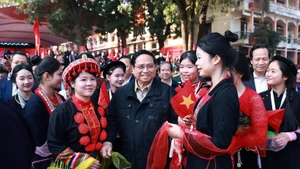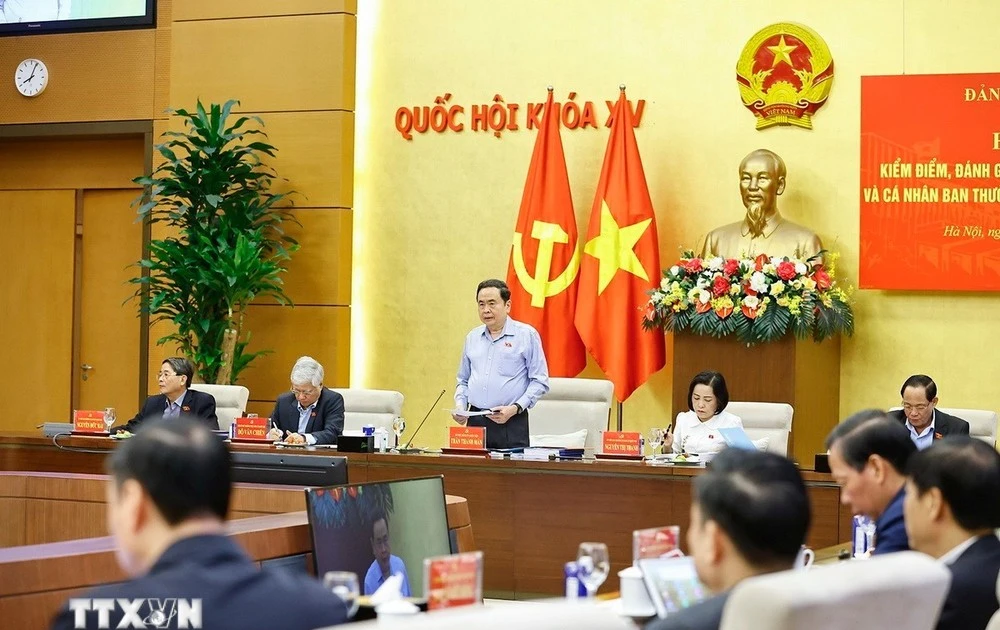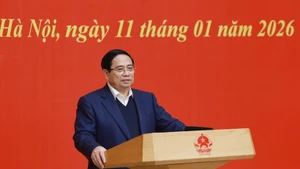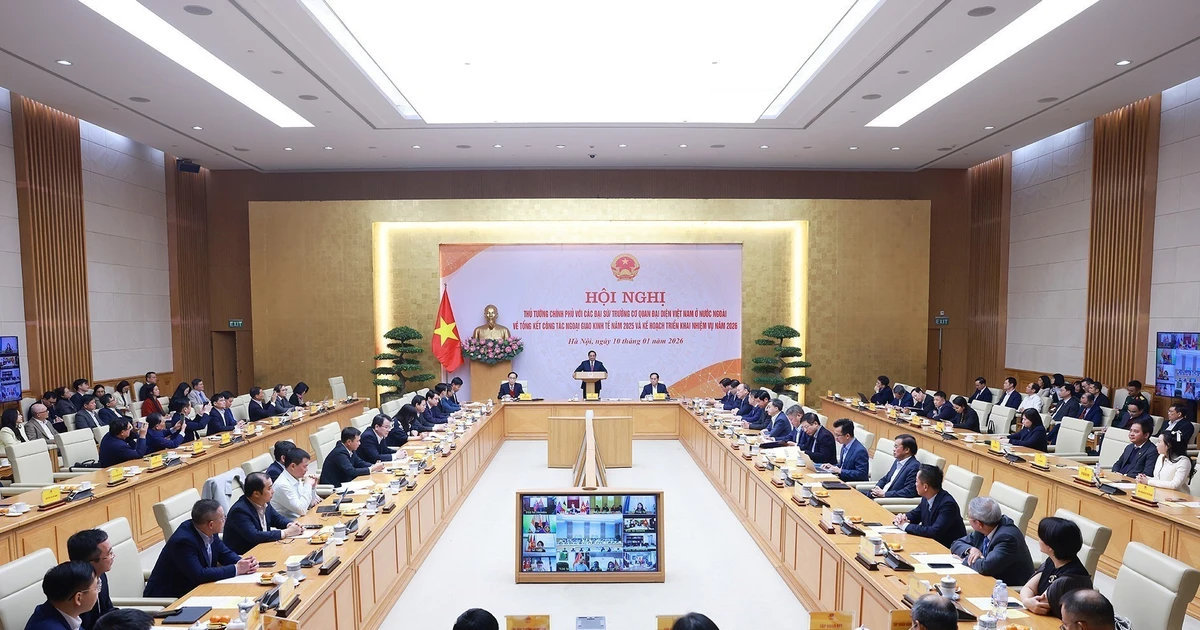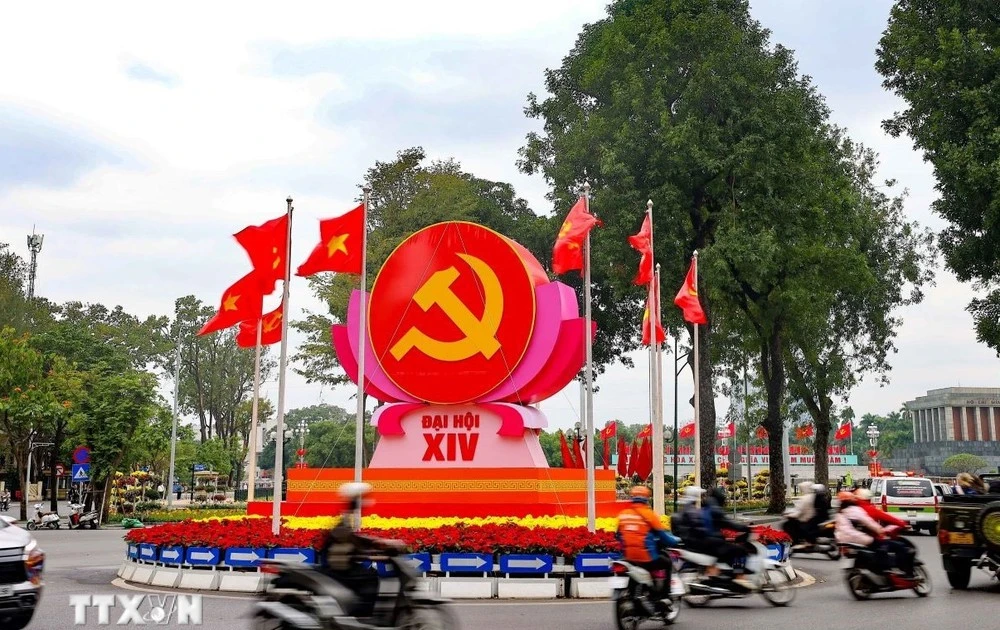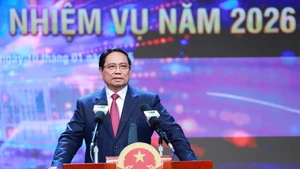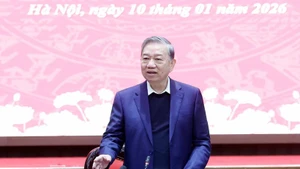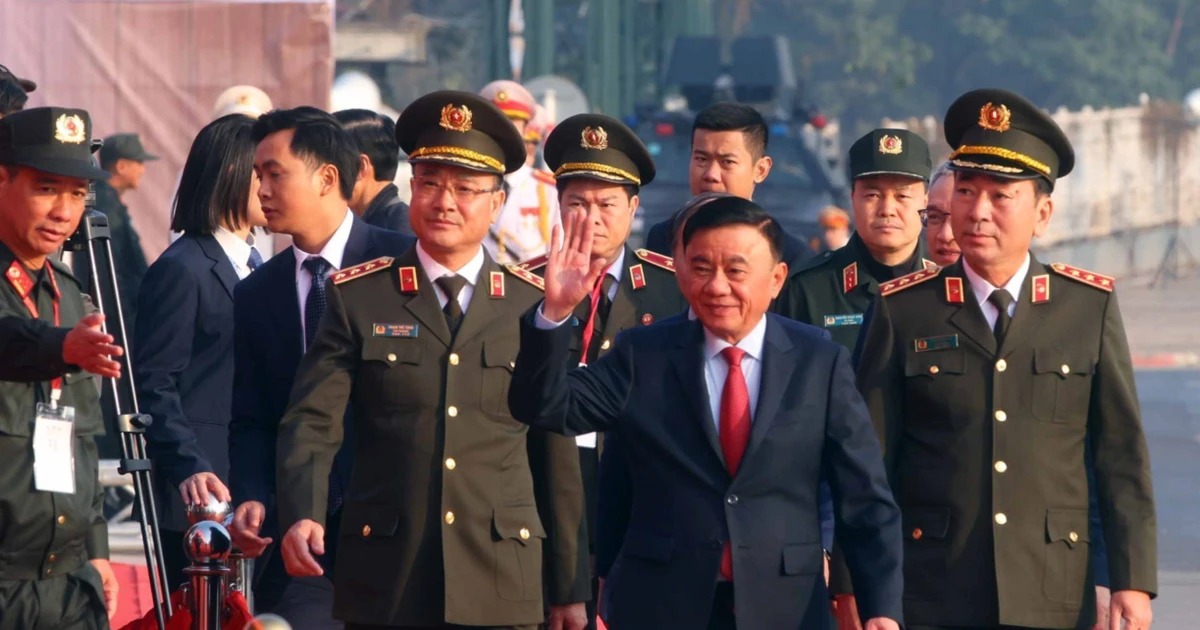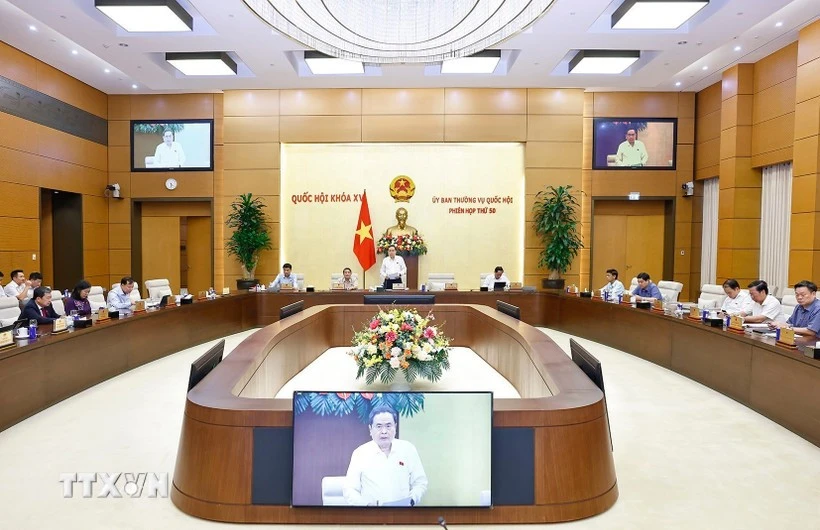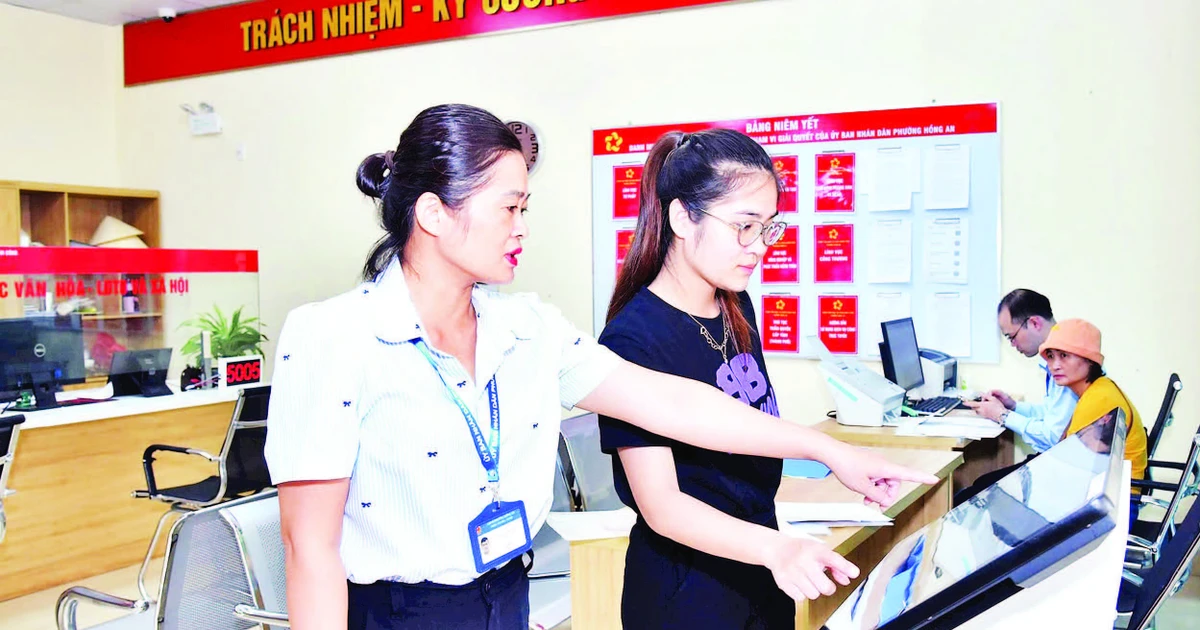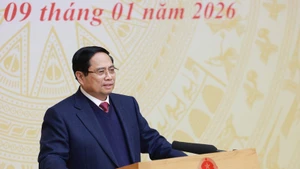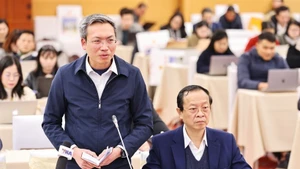GENERAL SECRETARY LE DUAN (April 7, 1907 – July 10, 1986)
GENERAL SECRETARY TRUONG CHINH (February 9, 1907 – September 30, 1988)
The congress reached a unanimous assessment that the revolutionary practice of the previous five years had once again demonstrated that the Party remained a steadfast Marxist–Leninist Party with firm political direction. It had successfully organised and led the Vietnamese people through the country’s most severe challenges, consistently upholding the revolutionary spirit to advance the cause of socialism. The Party firmly held high the banner of national independence and socialism — harmoniously combining genuine patriotism with pure proletarian internationalism — and made great efforts to fulfil its international obligations.
Alongside its achievements in the socialist revolution, the Party also acknowledged certain shortcomings and errors in the leadership and management of socio-economic affairs. Through successes and setbacks alike, the Party gained deeper insights into the nation’s realities, acquired valuable experience, and made new strides in economic and social management.
(Compiled from: Complete Collection of Party Documents; tulieuvankien.dangcongsan.vn)
GENERAL CONTEXT
1978–1979: The war to defend the south-western border, overthrowing the genocidal Pol Pot regime in Cambodia.
February 17 – March 18, 1979: The war to defend the northern border, defeating China’s invasion.
1979–1982: The country faced a situation of “having peace yet still contending with multifaceted acts of sabotage.”
March 27–31, 1982: The 5th National Party Congress in Hanoi emphasised the tasks of building and defending the socialist homeland.
July 10, 1986: General Secretary Le Duan passed away; Truong Chinh was elected General Secretary.
DOMESTIC SITUATION
Viet Nam was in a state of “peace coexisting with a multifaceted war of sabotage.” The country had to remain prepared for the possibility of a large-scale invasion while confronting ongoing hostilities. The US maintained its policy of blockade and embargo against Viet Nam.
Economic and social difficulties: The economy suffered from the consequences of prolonged war, natural disasters, and inefficient management. Inflation soared, and people’s living conditions were severely affected.
Ten socio-economic policies: These focused on balancing industry and agriculture, developing both central and local economies, ensuring compatibility between productive forces and production relations, and integrating the economy with national defence.
National defence on two fronts: Viet Nam had to simultaneously defend its south-western and northern borders, while also fulfilling its international duty to assist the Cambodian people in escaping the genocidal Pol Pot regime.
INTERNATIONAL SITUATION
The Soviet Union and other Eastern European socialist countries were facing economic and social difficulties, gradually sliding into crisis.
In China, the economic reform and social renovation policy (initiated in 1978) began to yield positive results.
Across Southeast Asia, international reactionary forces intensified their intervention and influence, particularly by enhancing activities aimed at undermining Viet Nam’s revolution.
The US and Western countries continued to pursue policies of economic blockade and diplomatic isolation against Viet Nam, creating additional challenges for the country’s national reconstruction and development.

